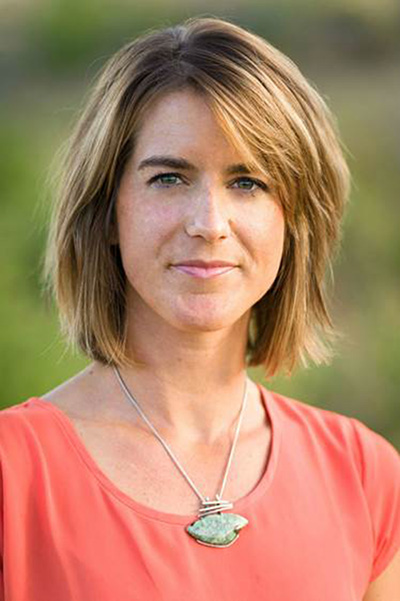The Department of Mathematical Sciences will host a colloquium talk at 3:30 p.m. Thursday, March 3, in SCEN 101.
Jessica Ellis, assistant professor of mathematics at Colorado State University, Fort Collins, will present a colloquium titled "The Role of Calculus in the STEM 'Gender Filter.'" Ellis contributed to the MAA Characteristics of Successful Programs in College Calculus project.
Abstract:
The substantial gender gap in the science, technology, engineering, and mathematics (STEM) workforce can be traced back to the underrepresentation of women at various milestones in the career pathway. Calculus is a necessary step in this pathway and has been shown to often dissuade people from pursuing STEM fields. In this presentation, I first examine the characteristics of students who begin college interested in STEM and either persist or switch out of the calculus sequence after taking Calculus I, and hence either continue to pursue a STEM major or are dissuaded from STEM disciplines.
The data come from a unique, national survey focused on mainstream college calculus. Statistical analyses show that, while controlling for academic preparedness, career intentions, and instruction, the odds of a woman being dissuaded from continuing in calculus is 1.5 times greater than that for a man. Furthermore, women report they do not understand the course material well enough to continue significantly more often than men. When comparing women and men with above-average mathematical abilities and preparedness, we find women start and end the term with significantly lower mathematical confidence than men. This suggests a lack of mathematical confidence, rather than a lack of mathematically ability, may be responsible for the high departure rate of women.
To better understand these trends and the relationship between gender, confidence, and persistence in calculus, I then examine responses from 522 Calculus I students to the open-ended question: "Is there anything else you want to tell us about your experience in Calculus I?" Qualitative analyses of these responses indicate that female students report negative affect and a desire for authentic learning more often than males. Student preparation also plays a role in changes in confidence and student persistence. Together, the quantitative and qualitative analyses paint a more complete picture of the role of gender in the leaking STEM-pipeline — or what others have dubbed the STEM "gender filter" (Blickenstaff, 2005).
Contacts
Deborah Korth, director, Math Resource and Teaching Center
Mathematical Sciences
479-575-7661,
